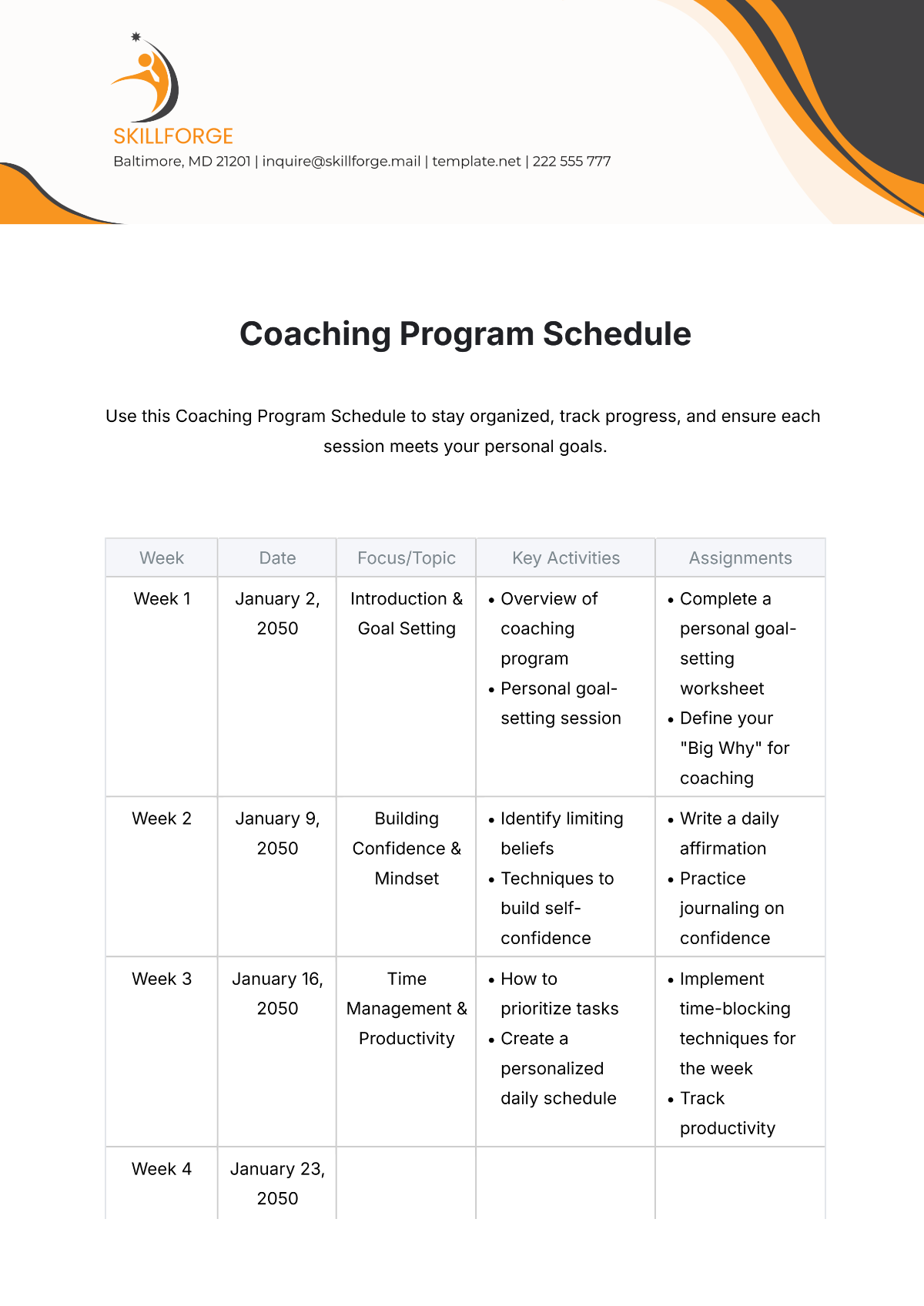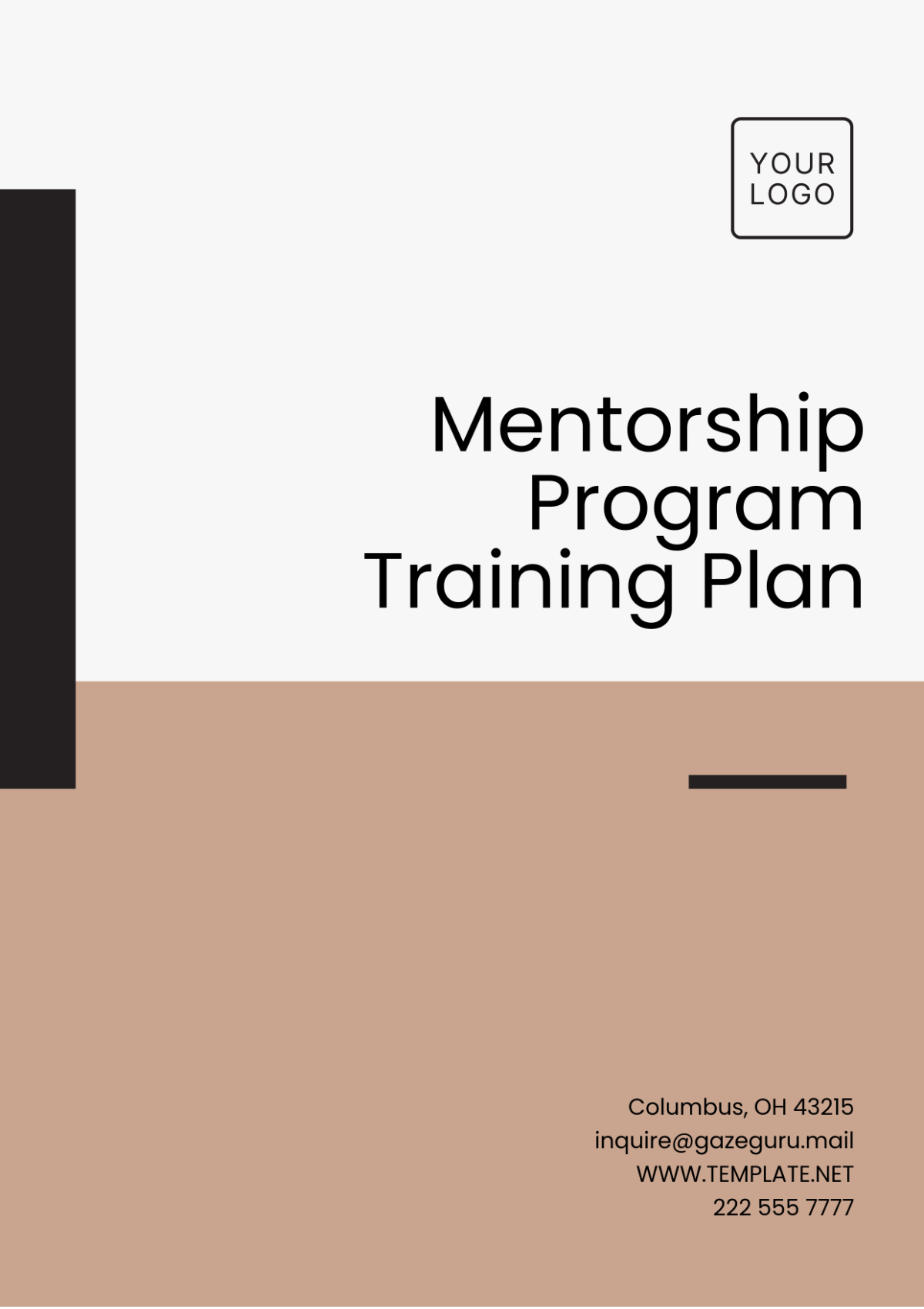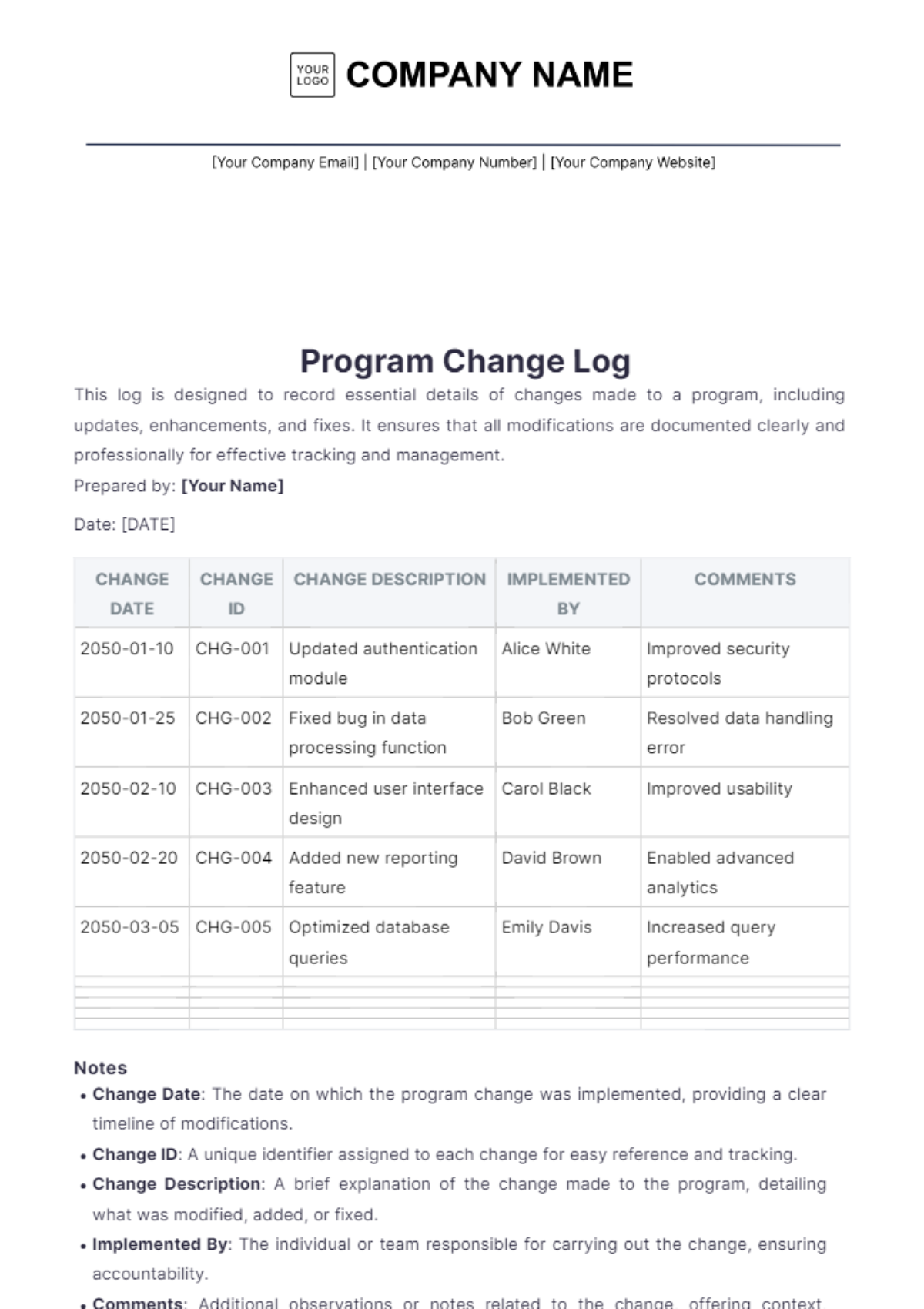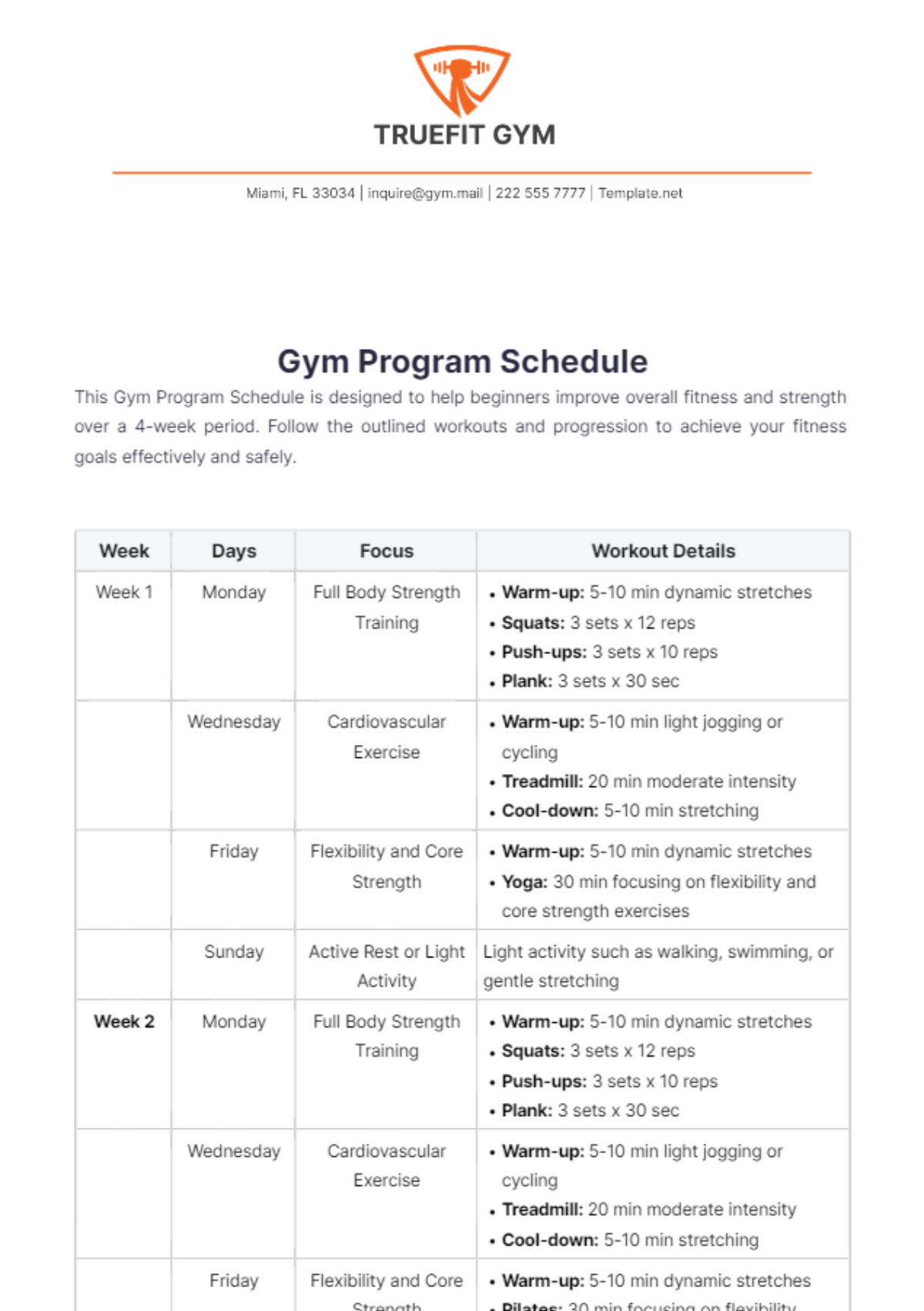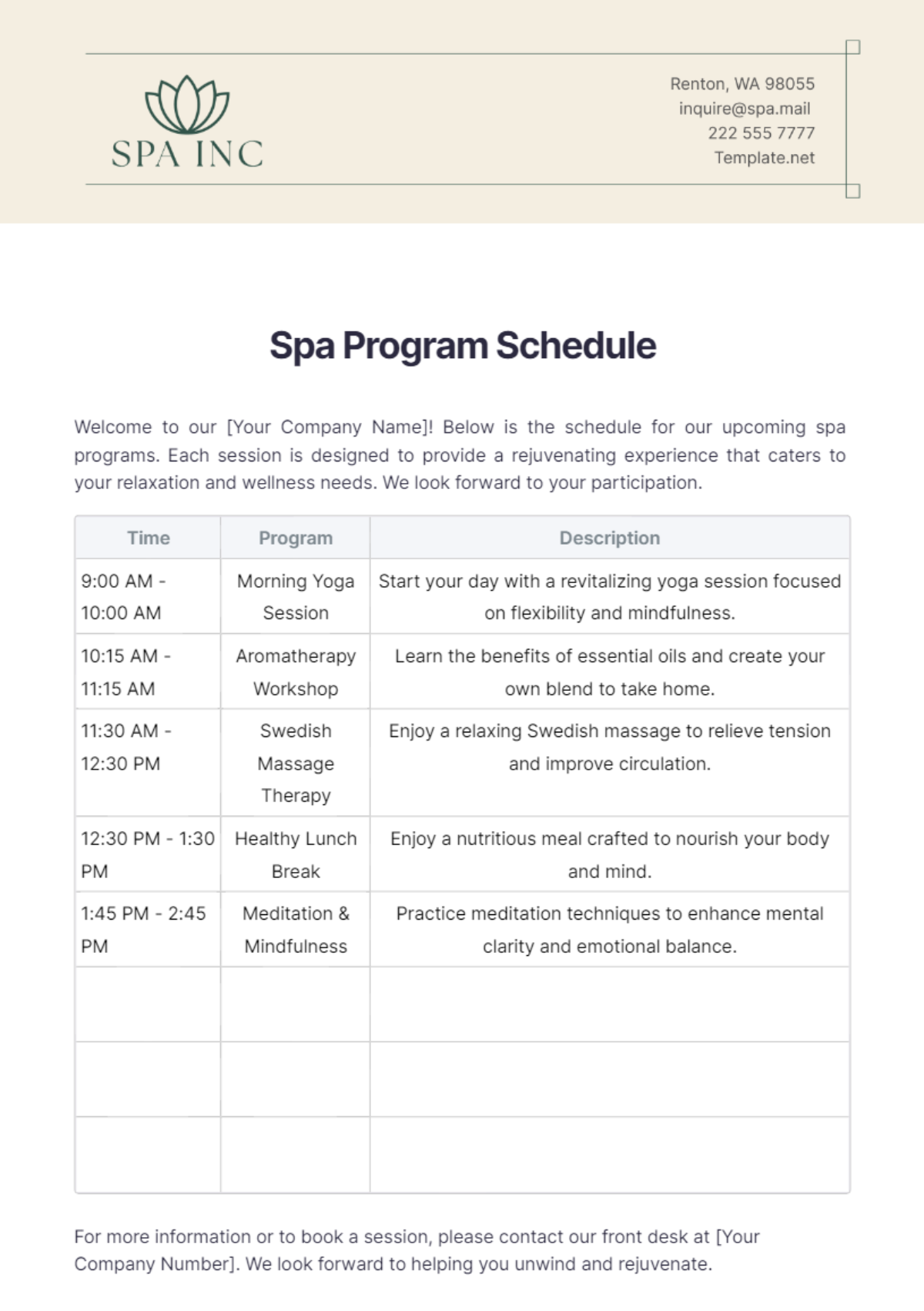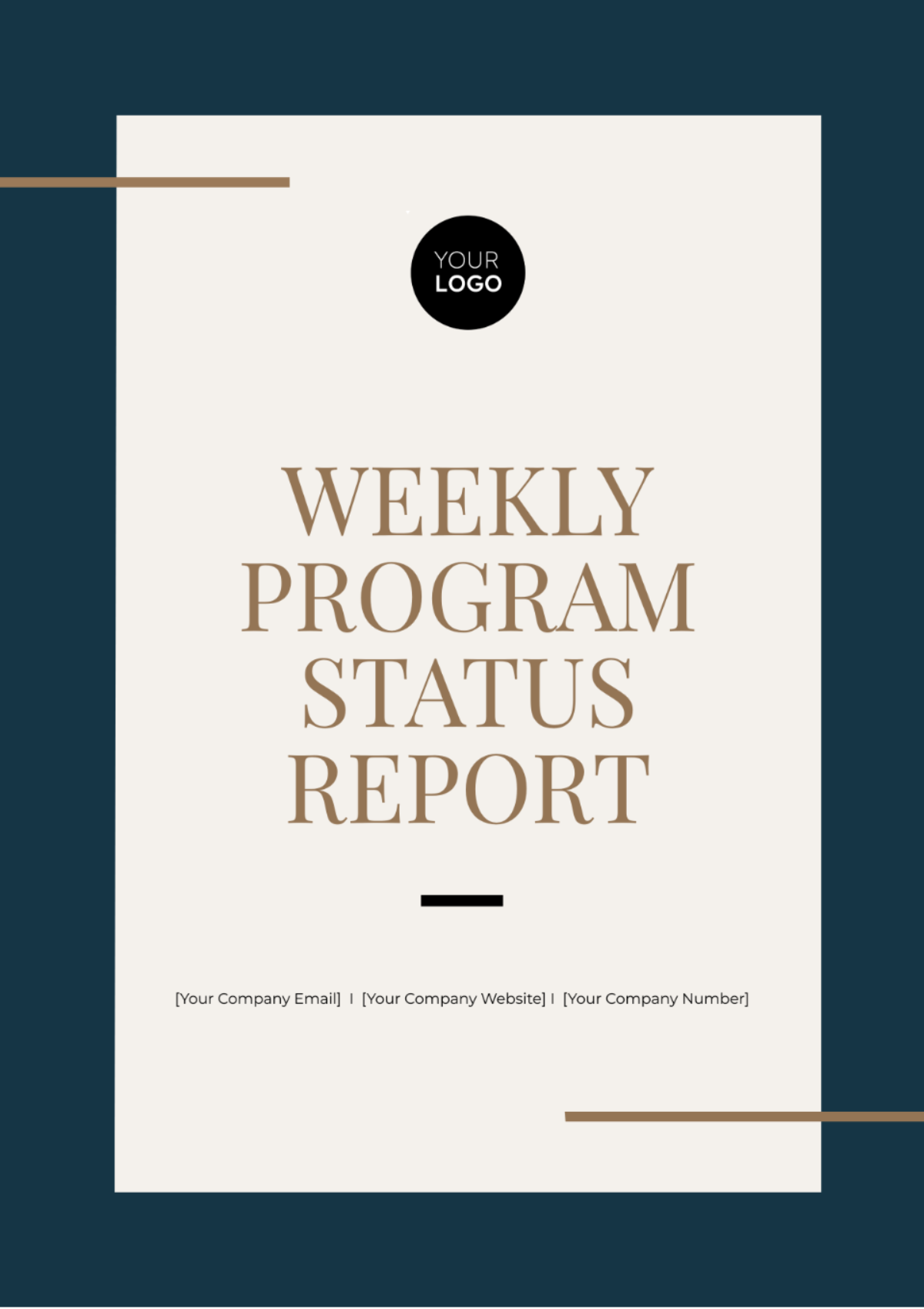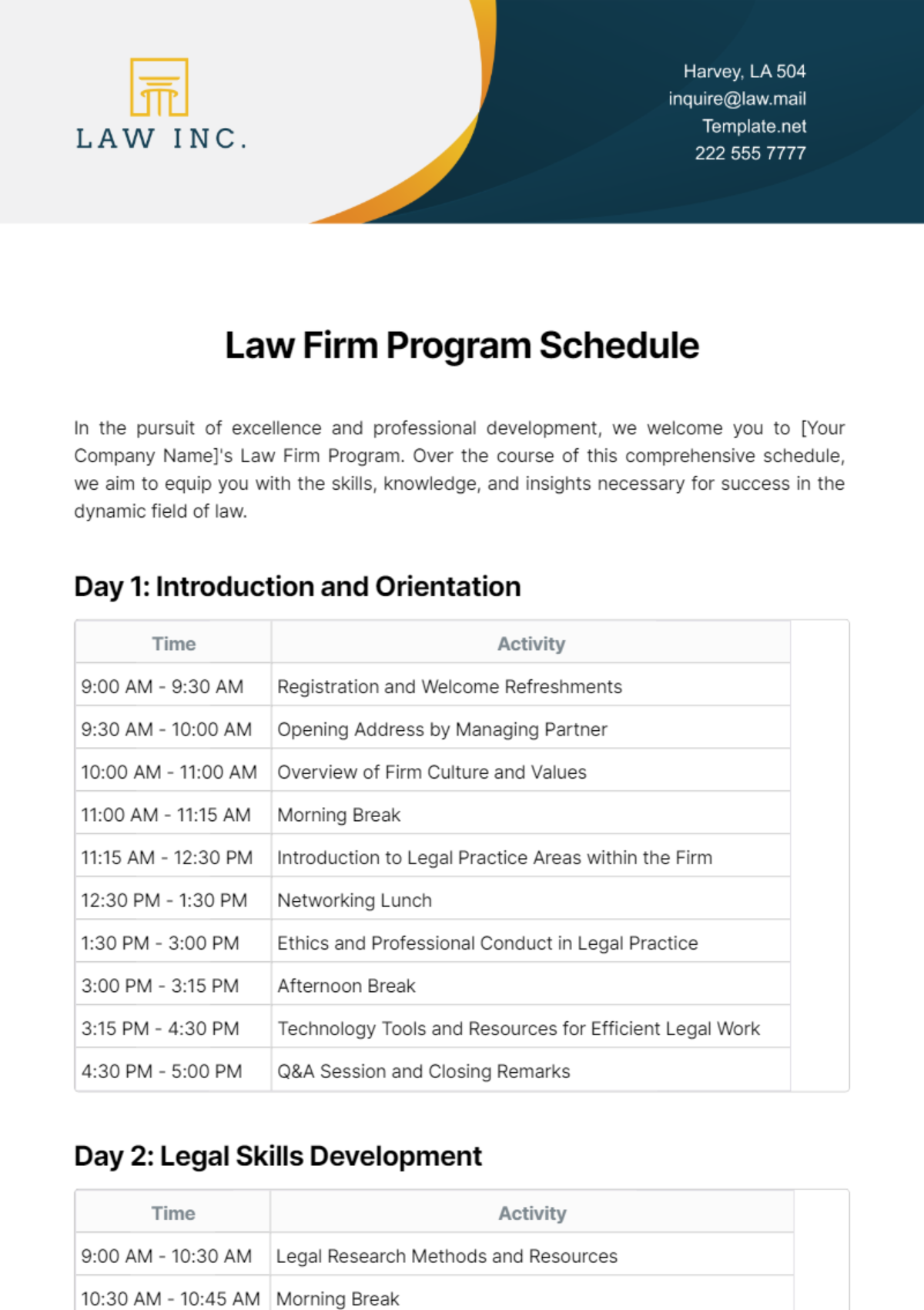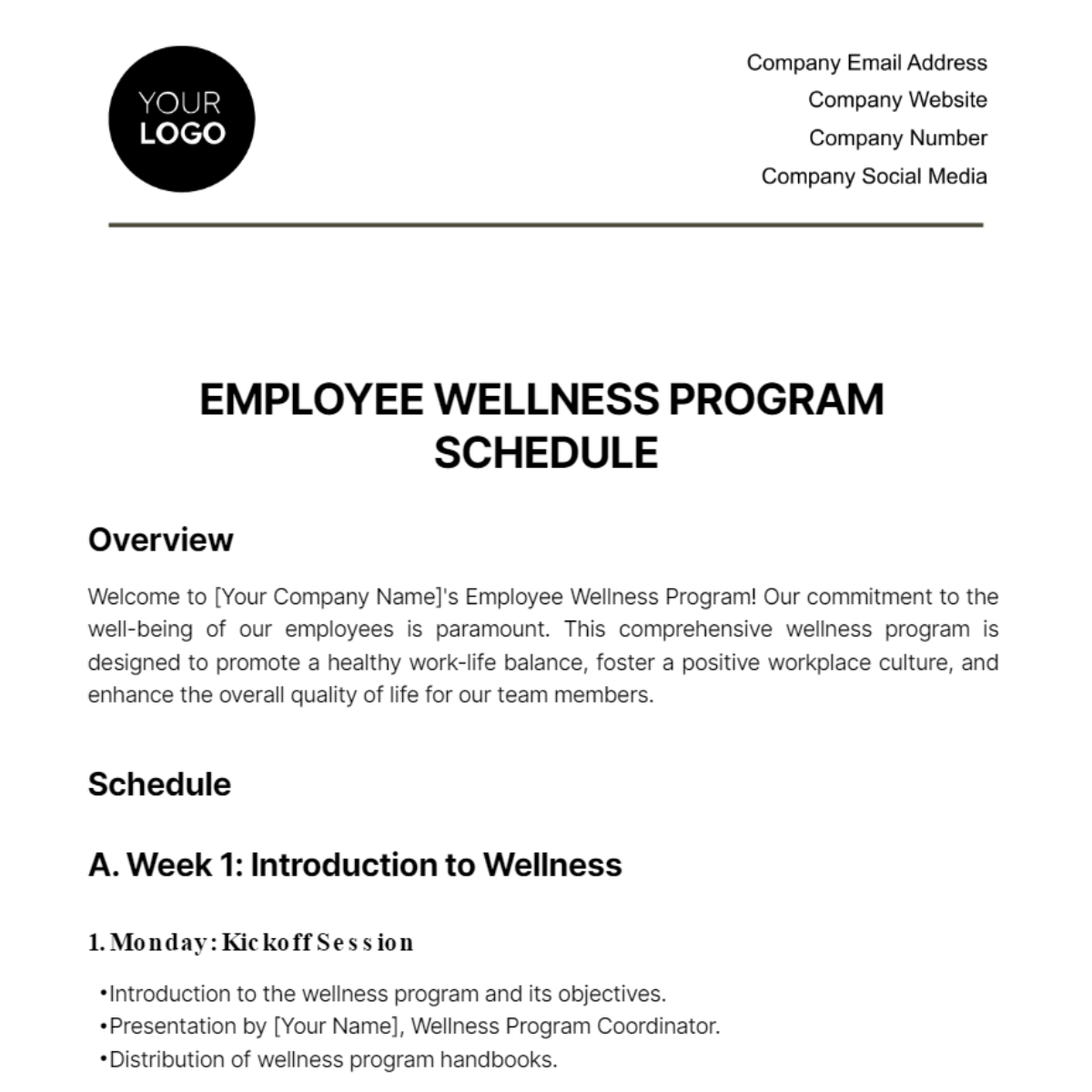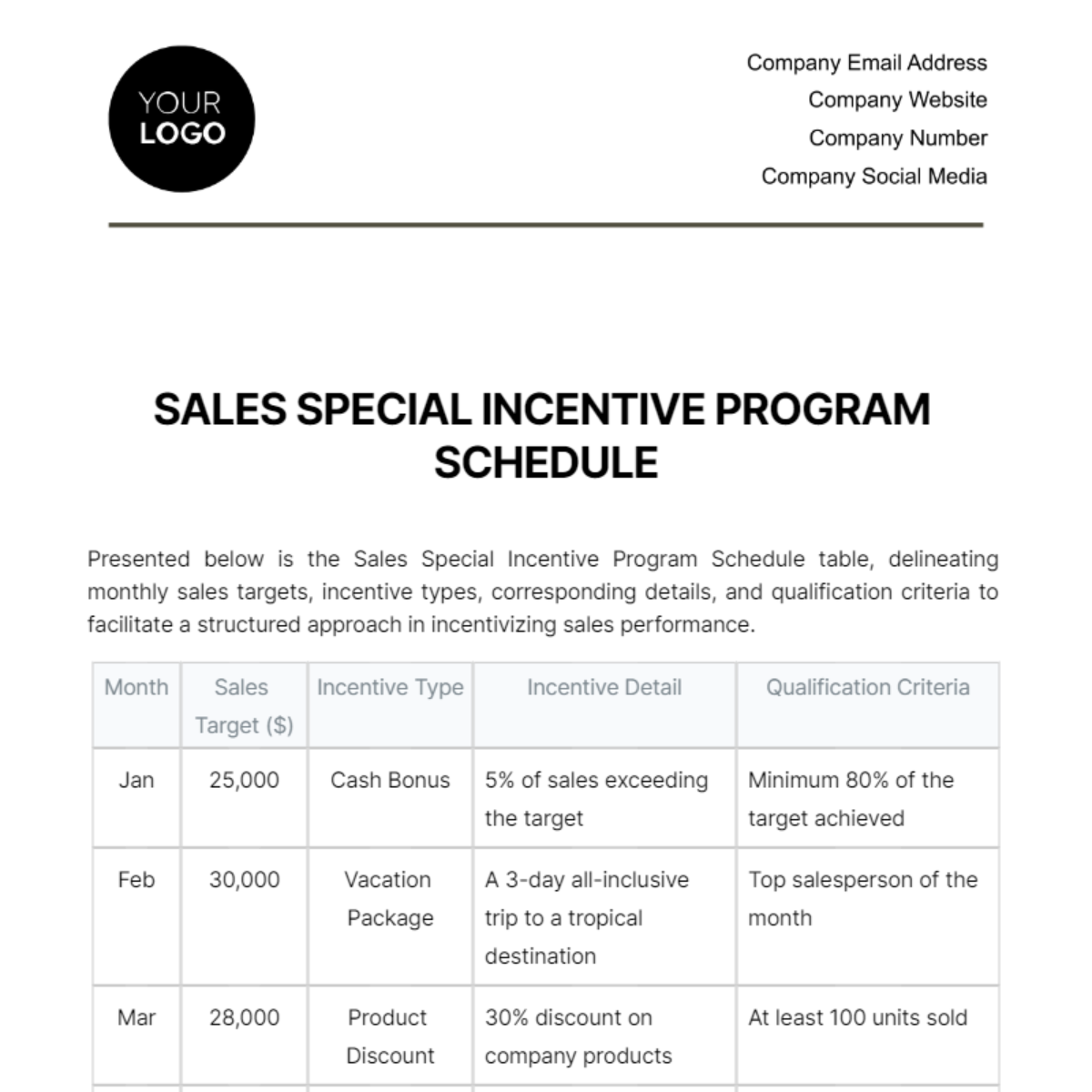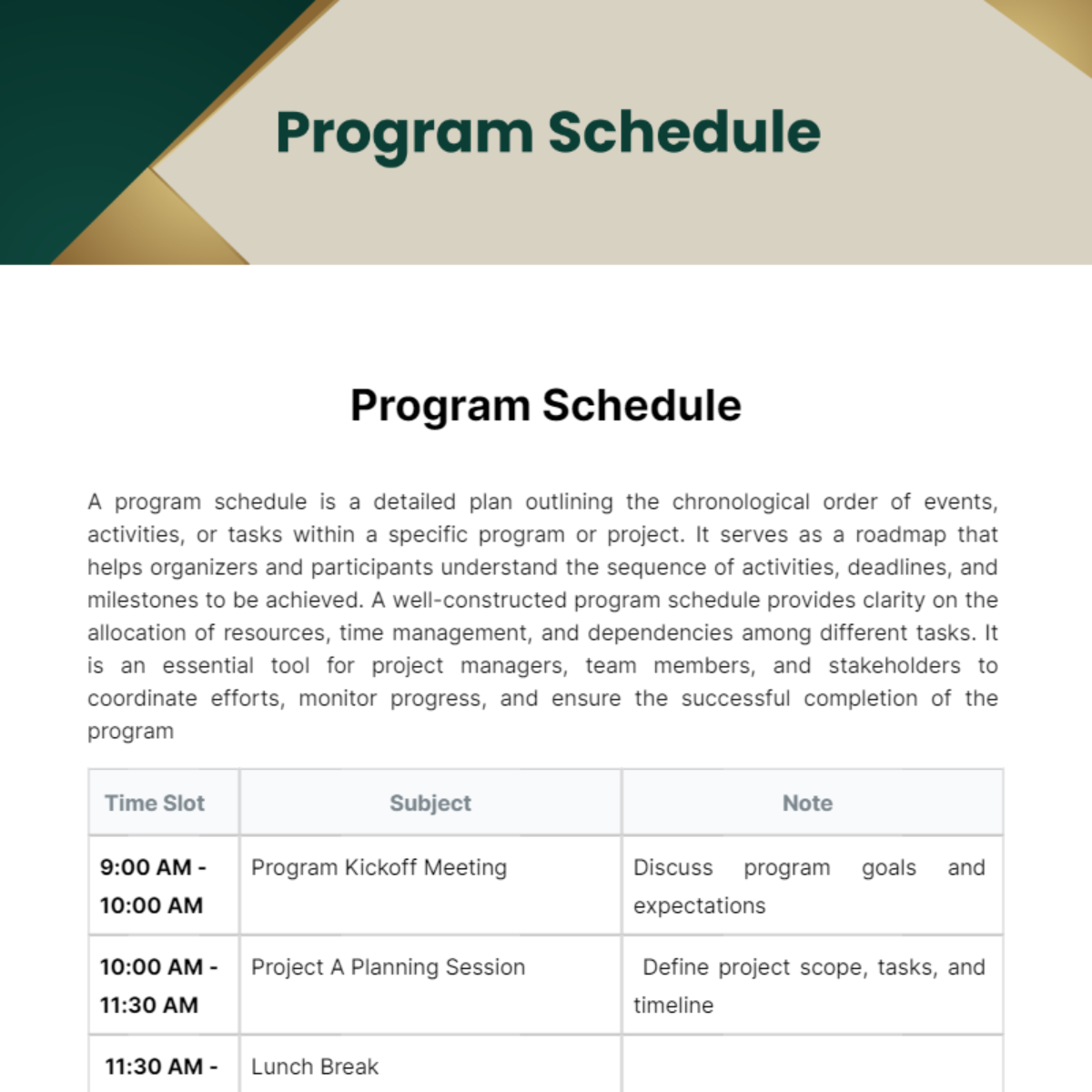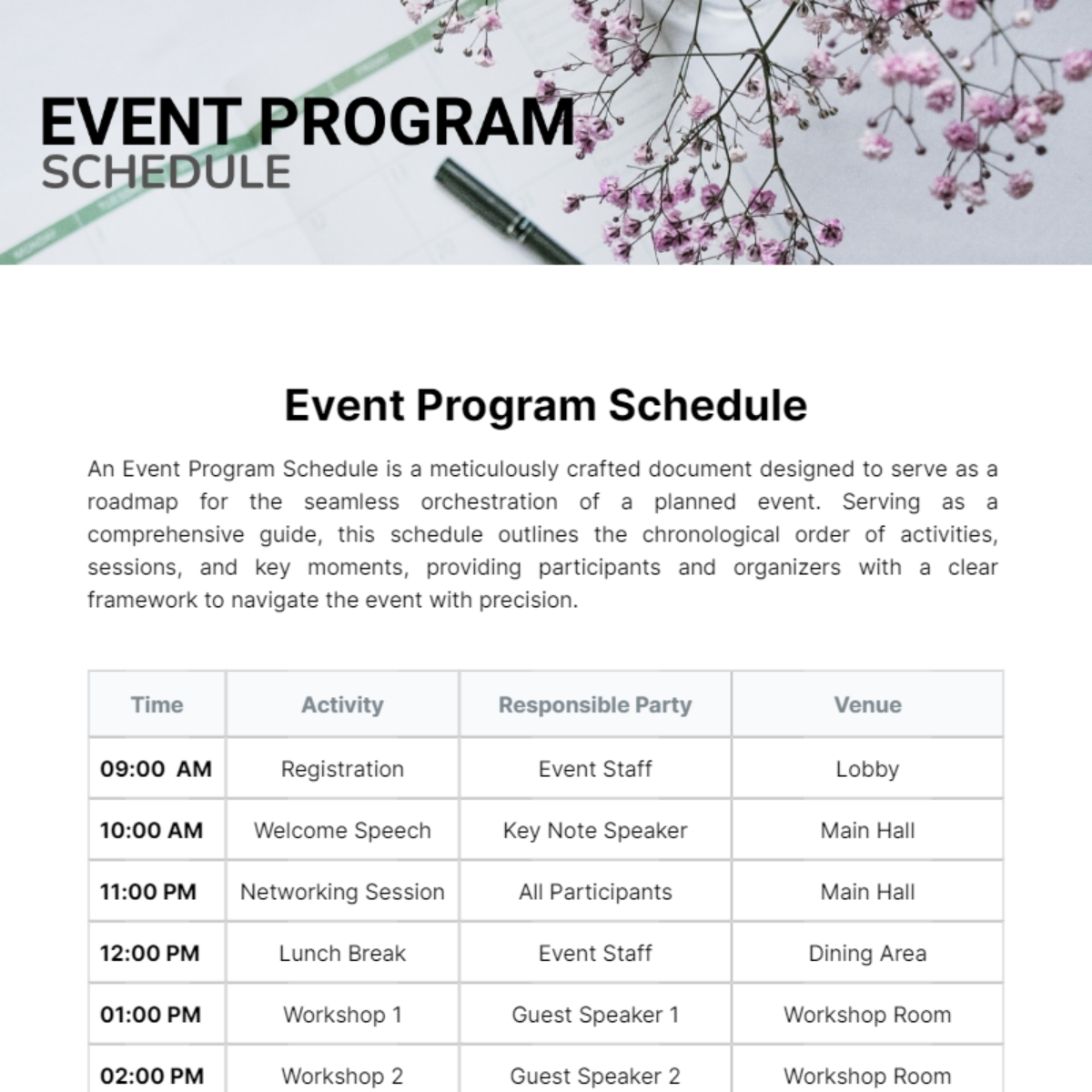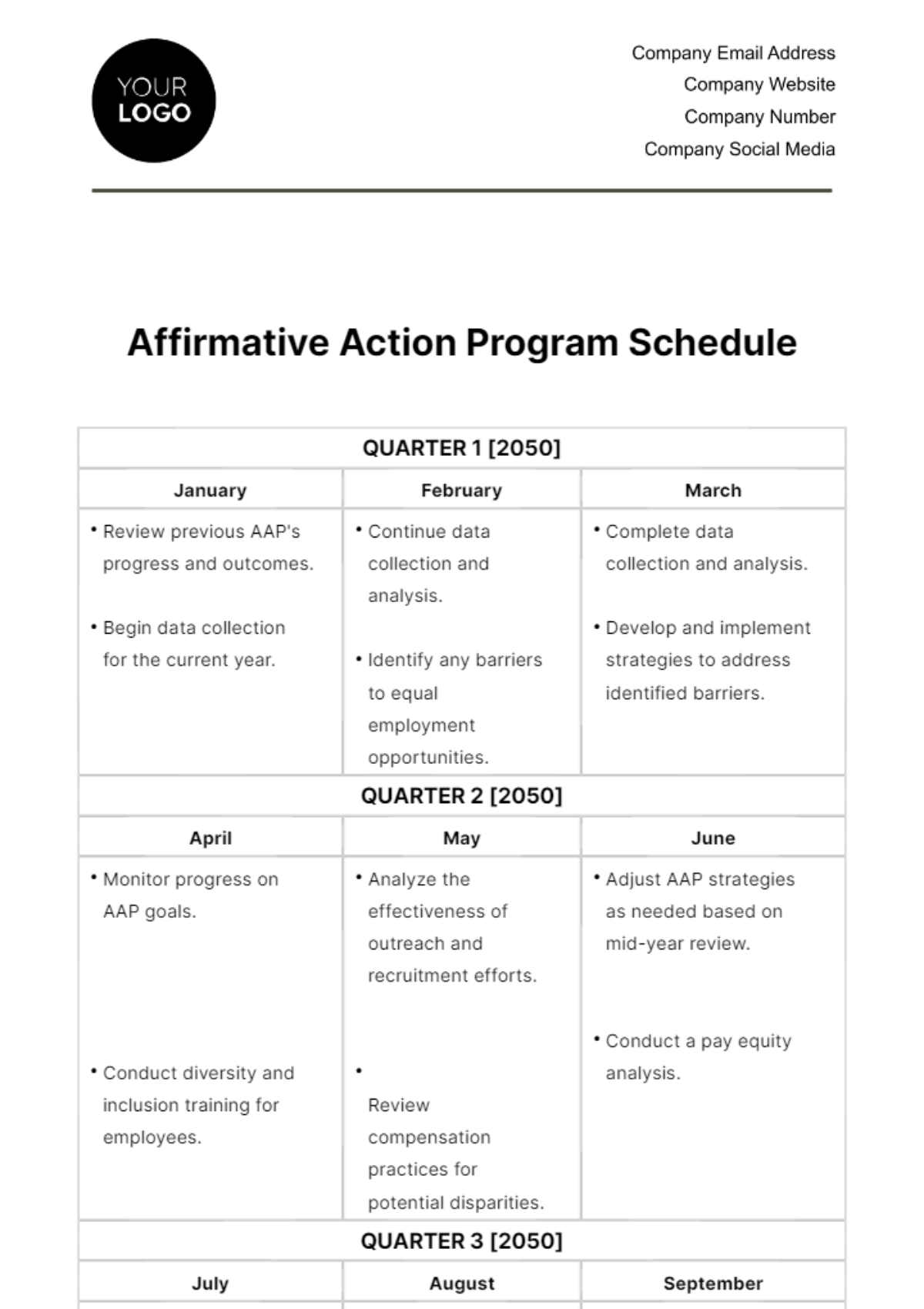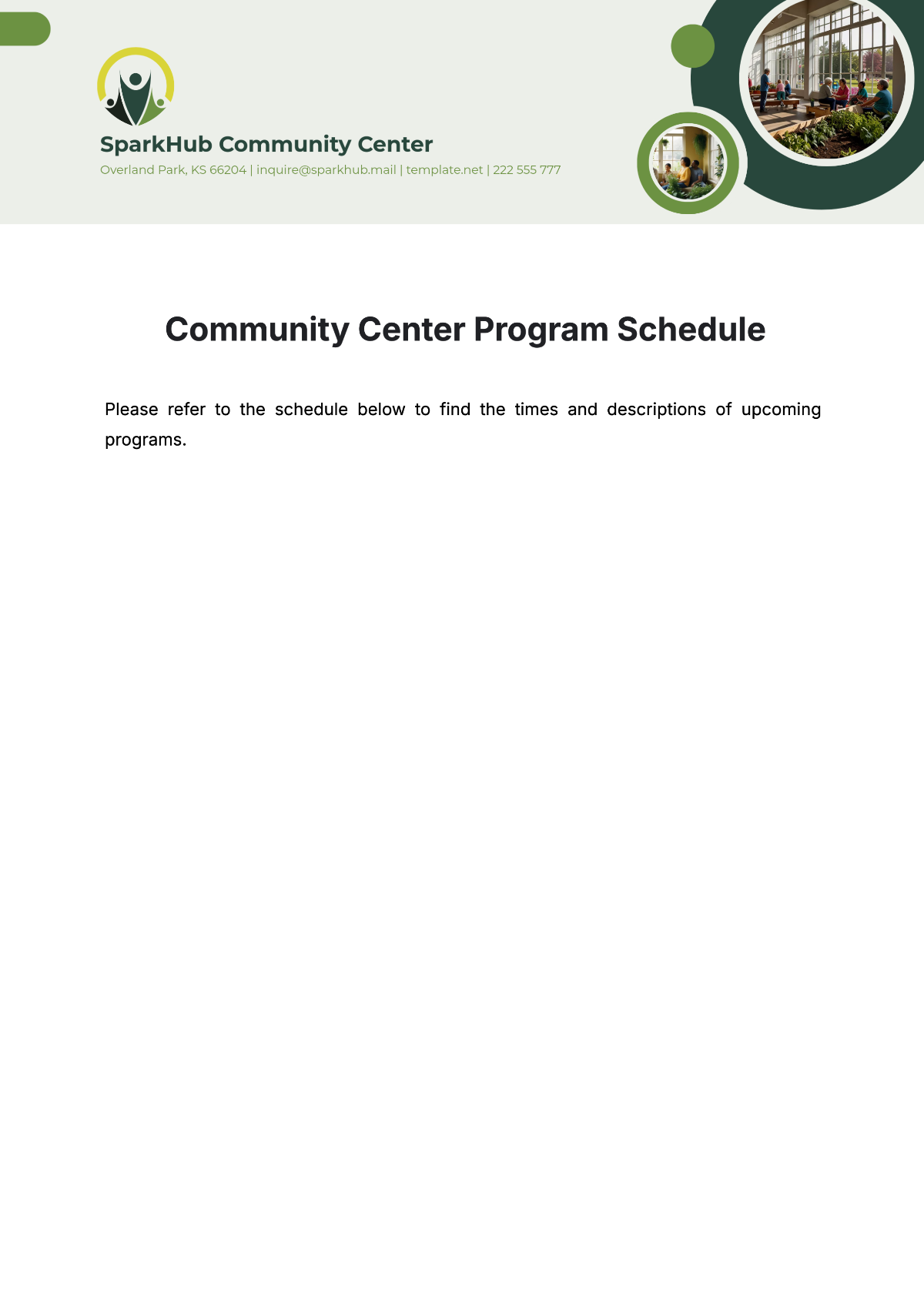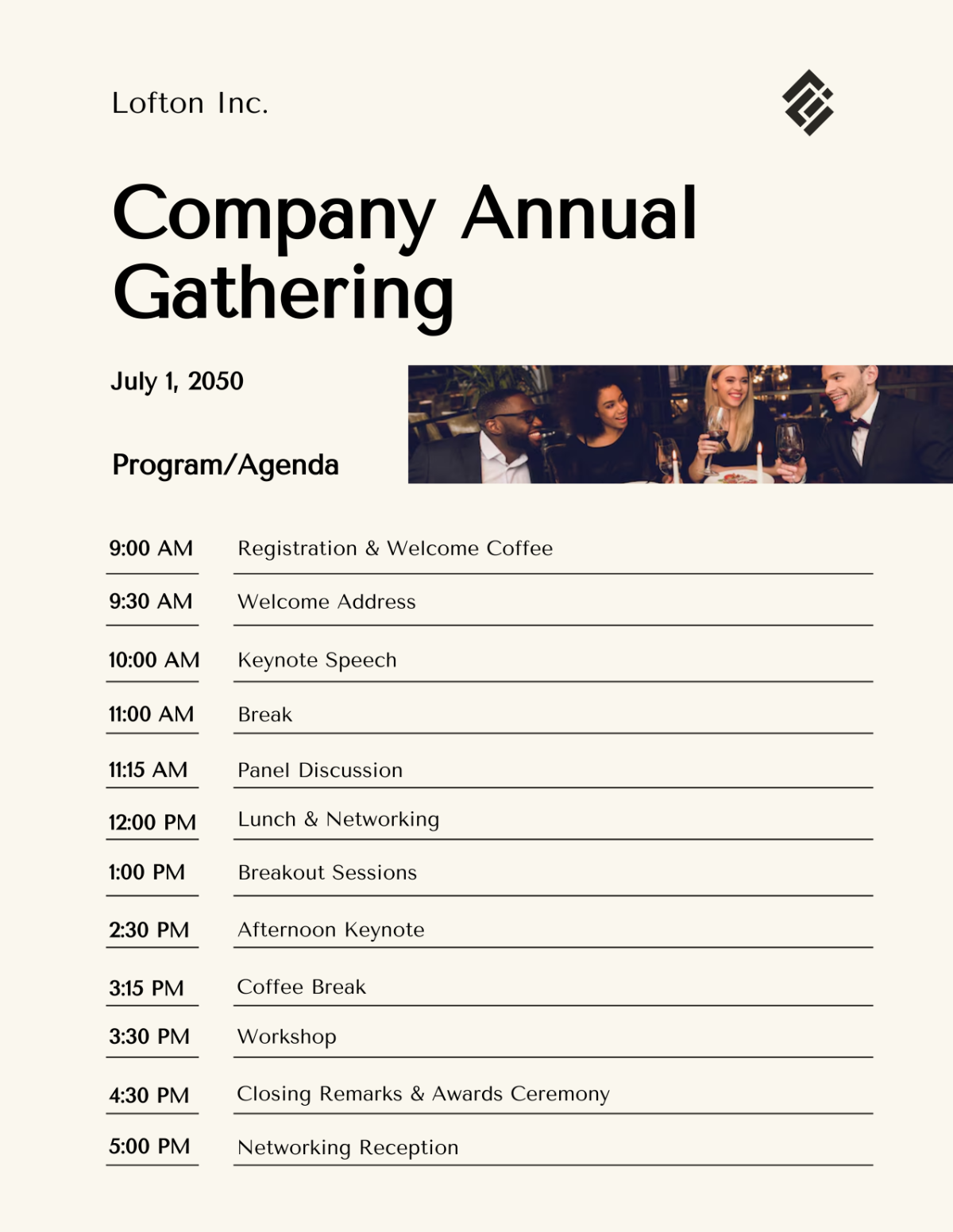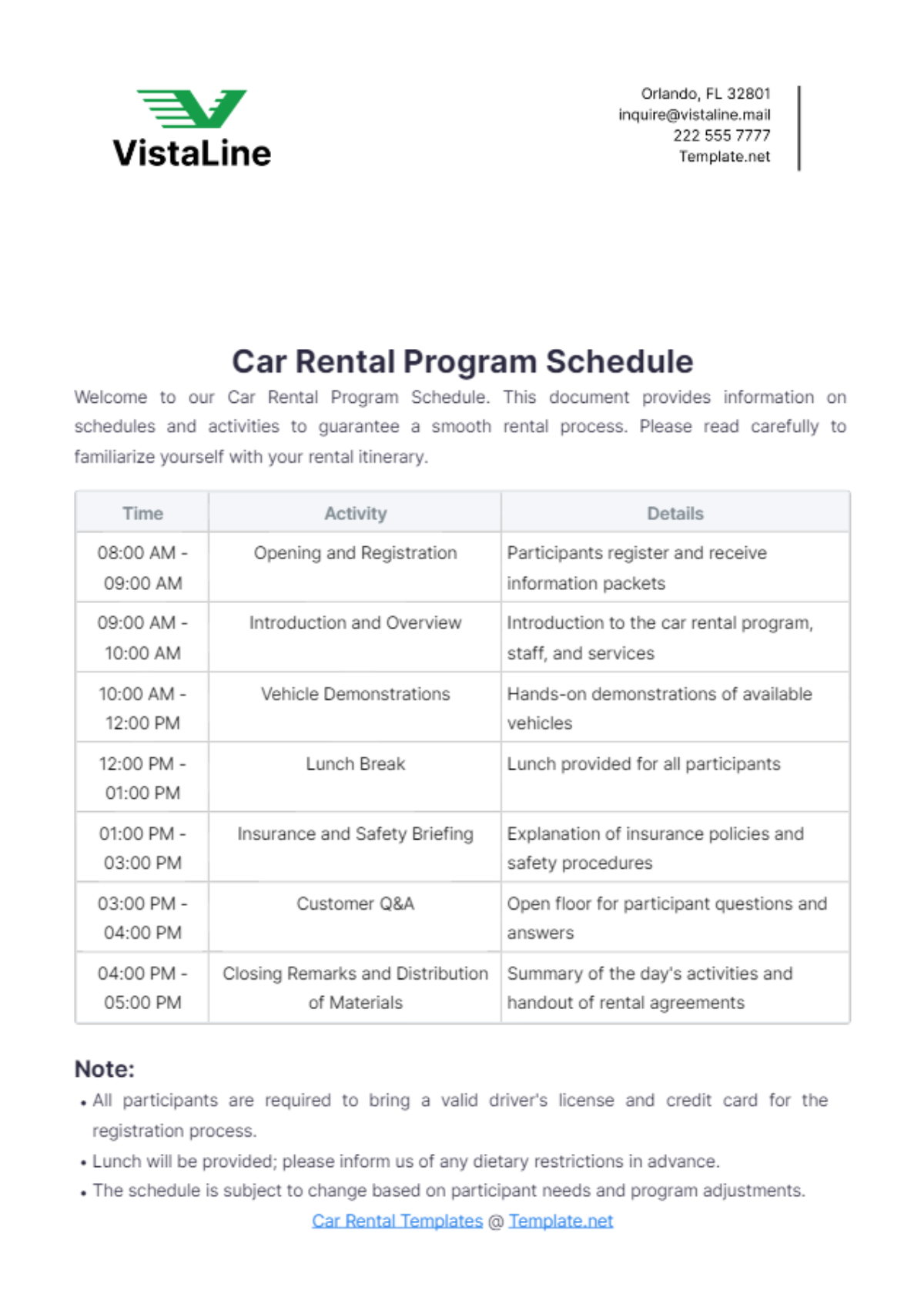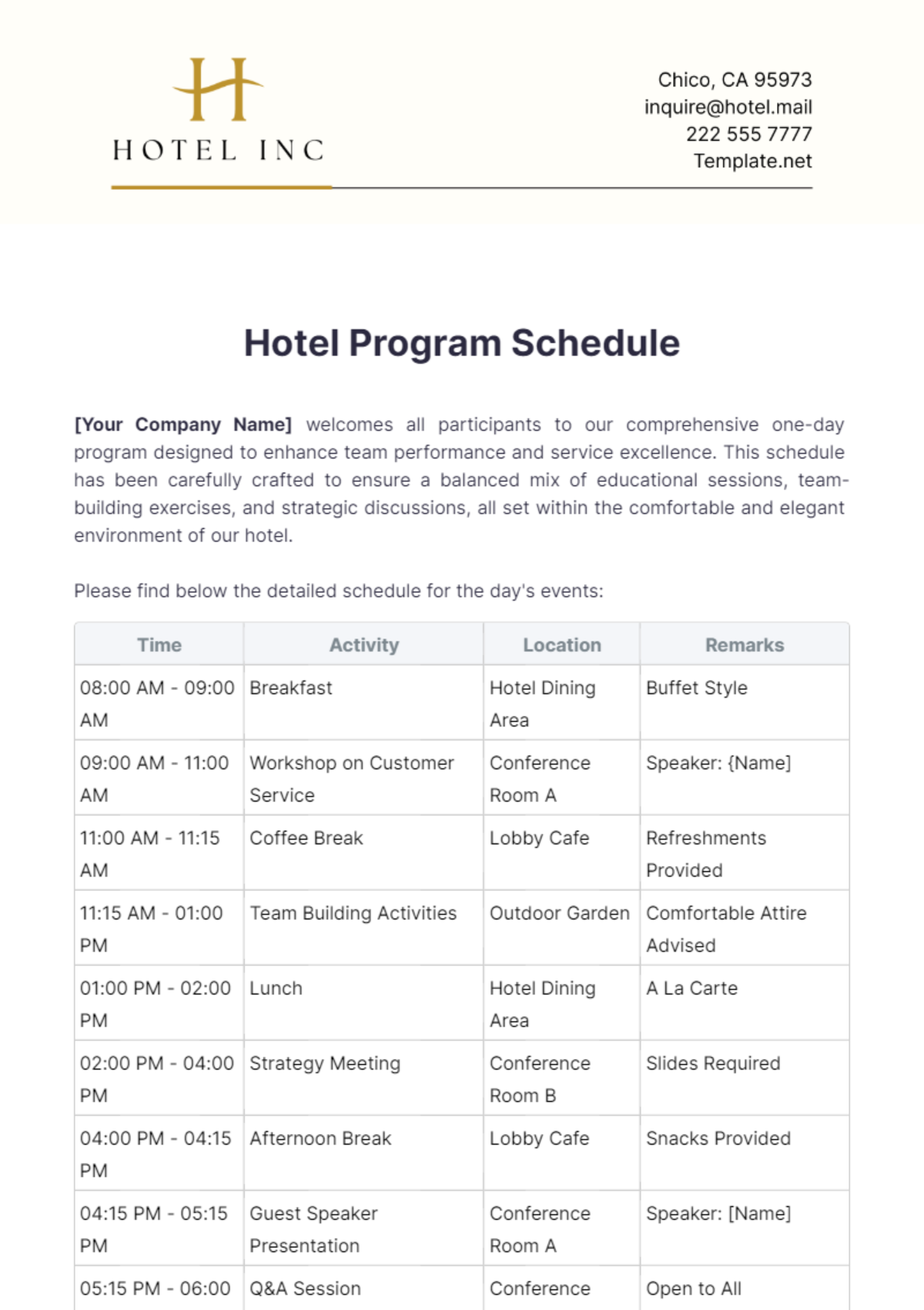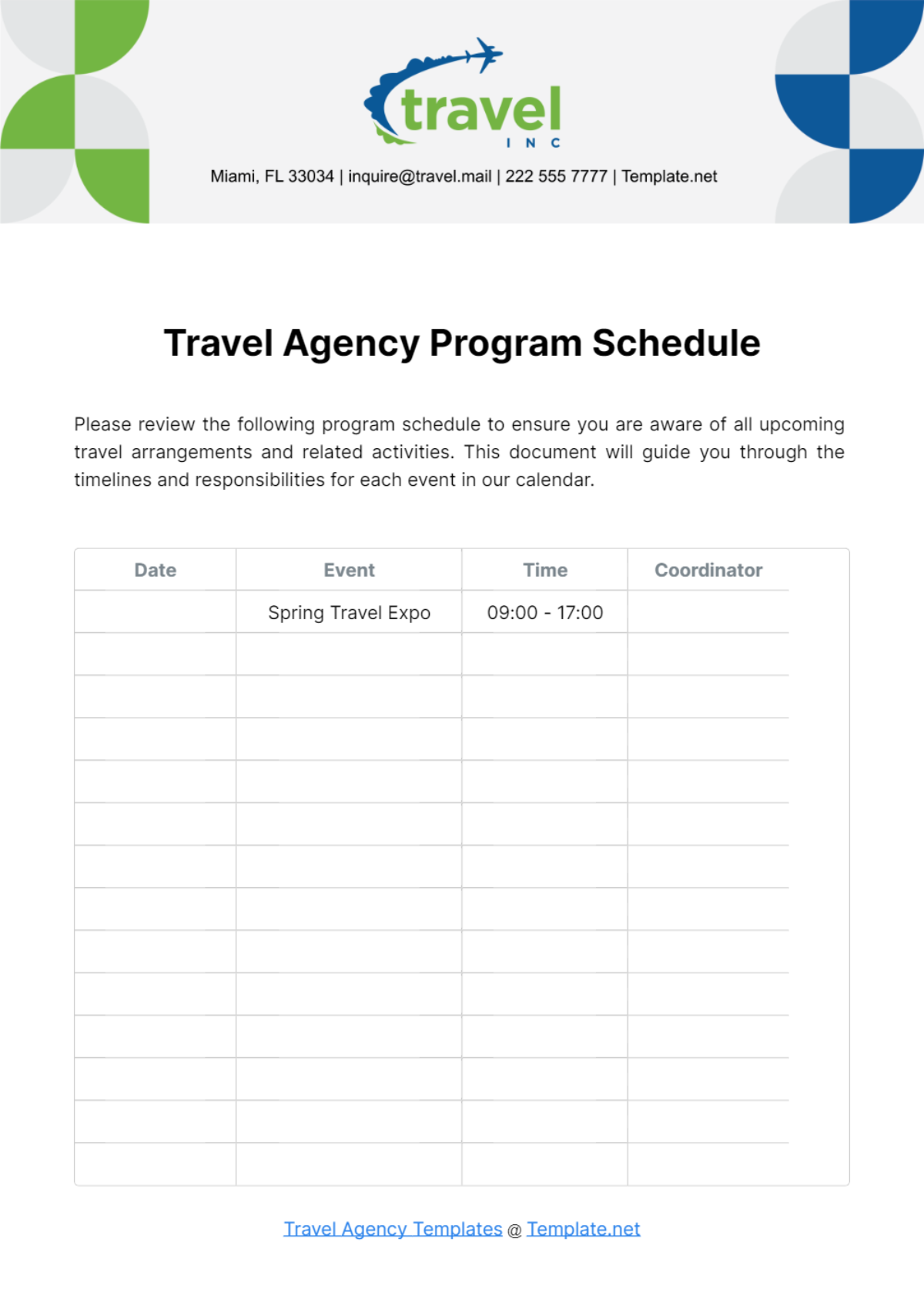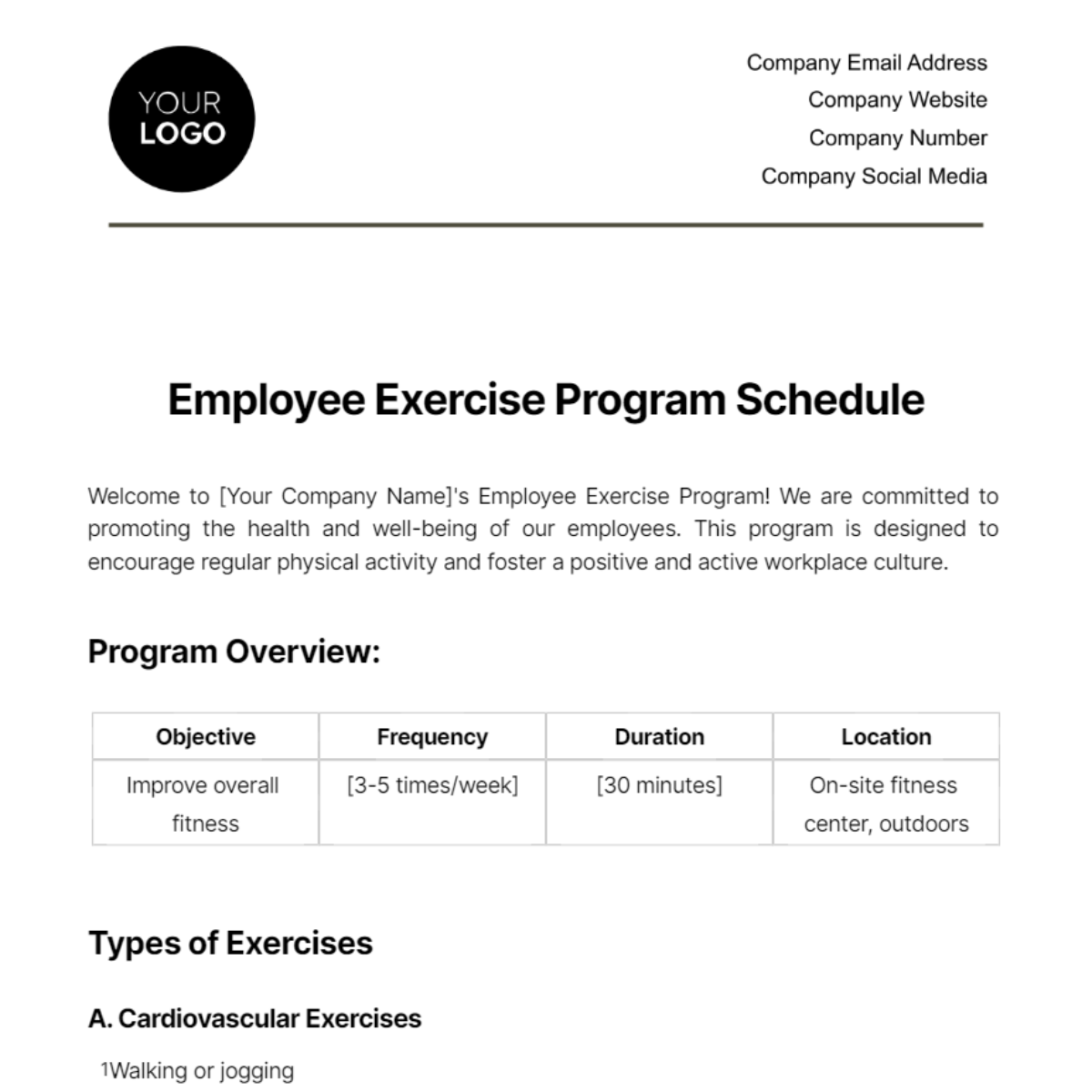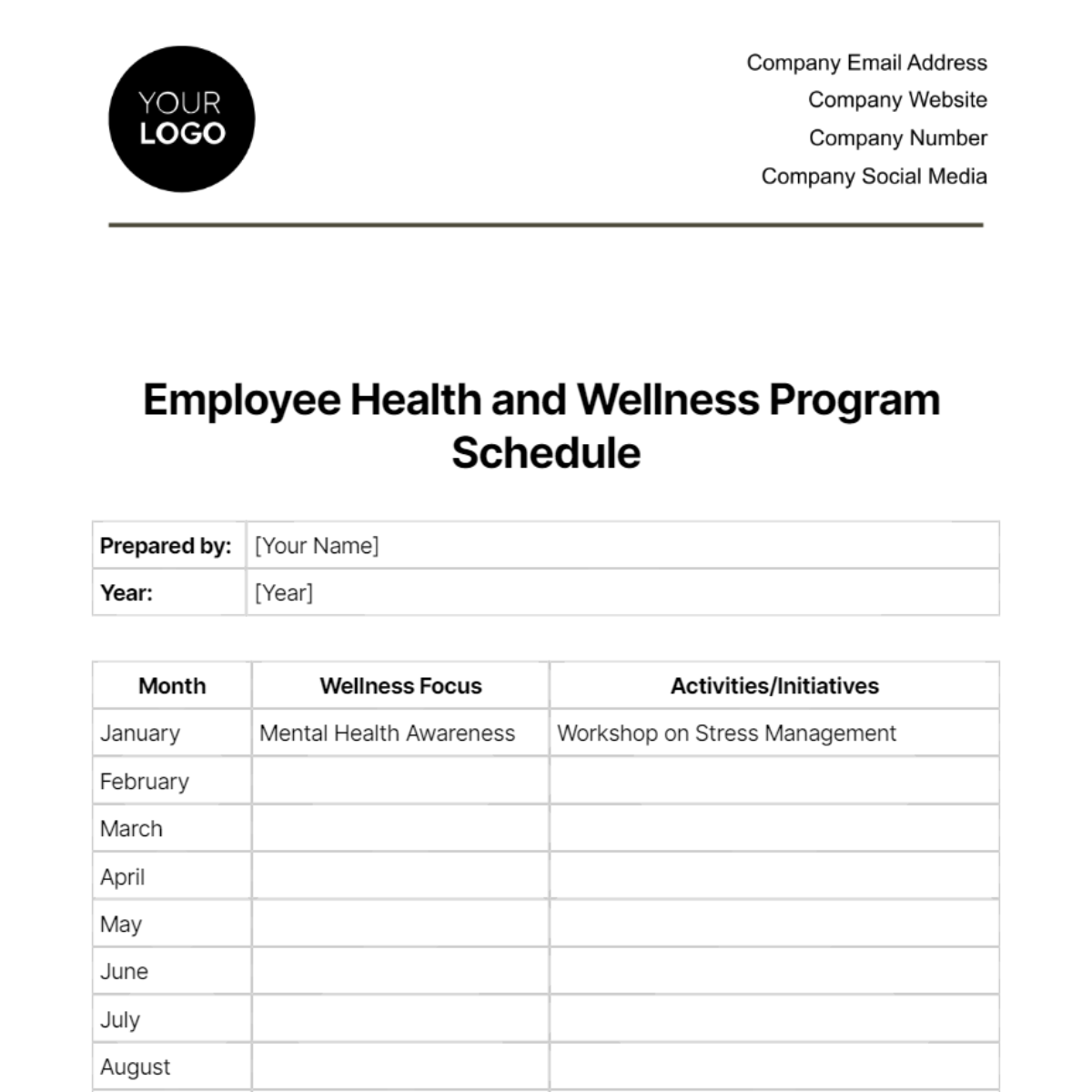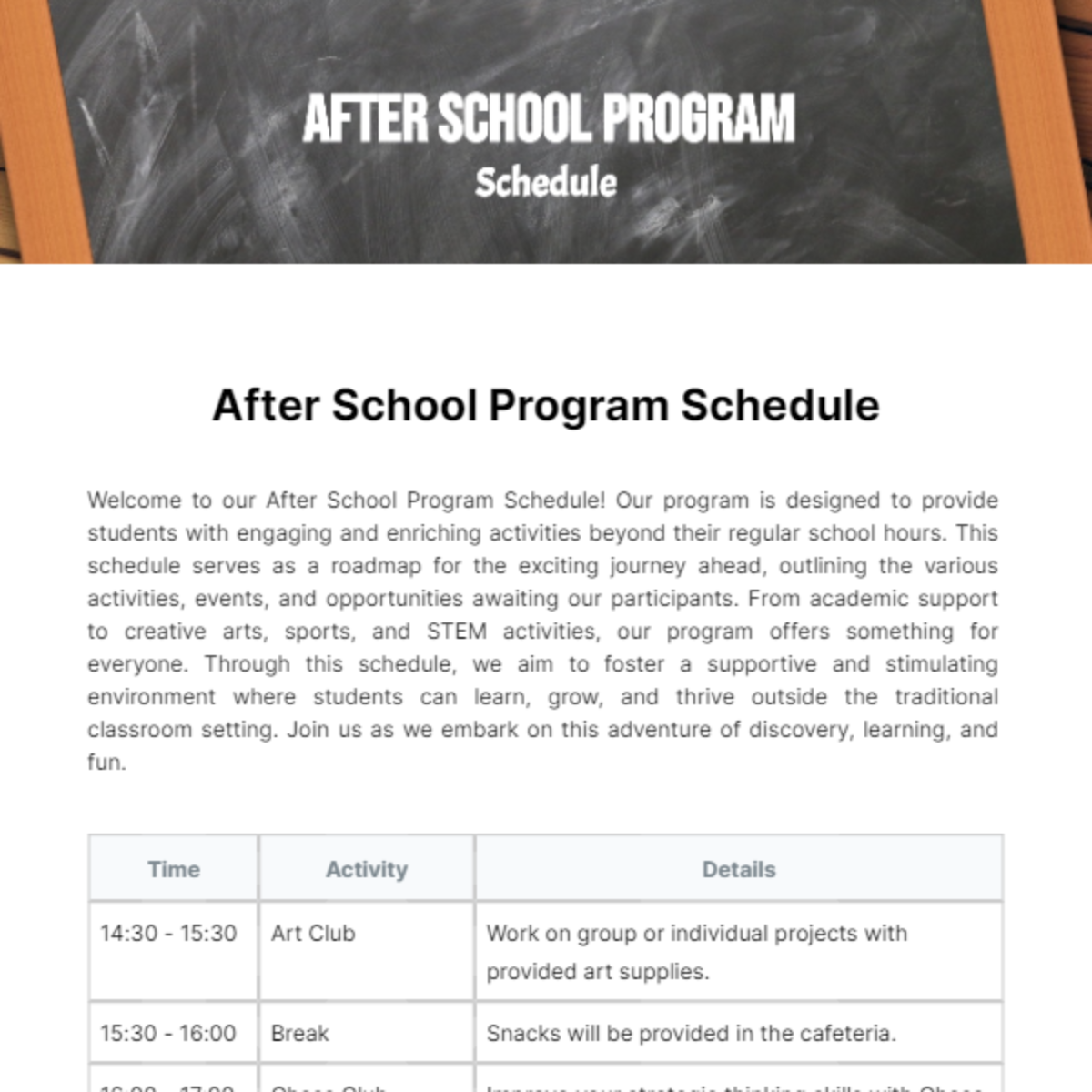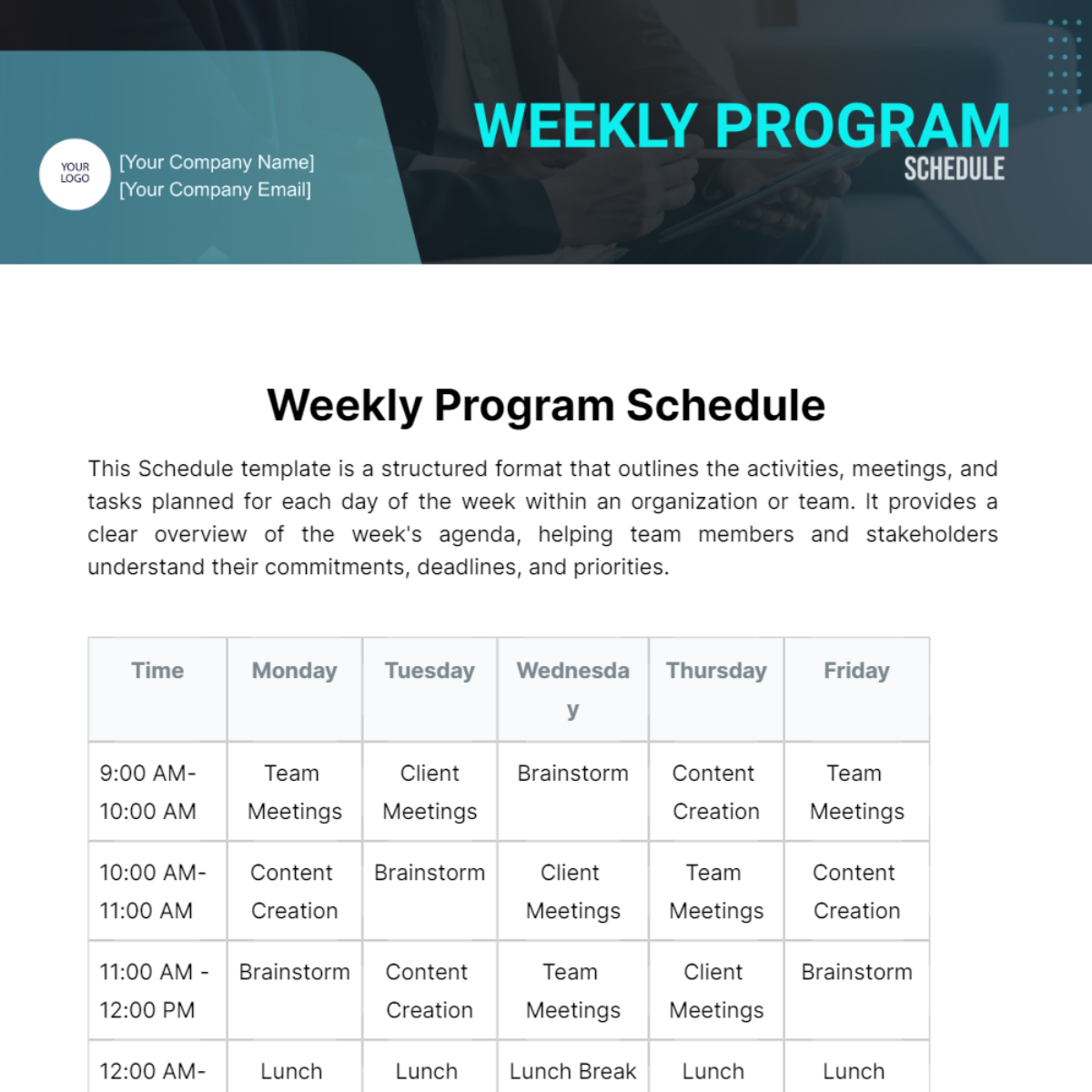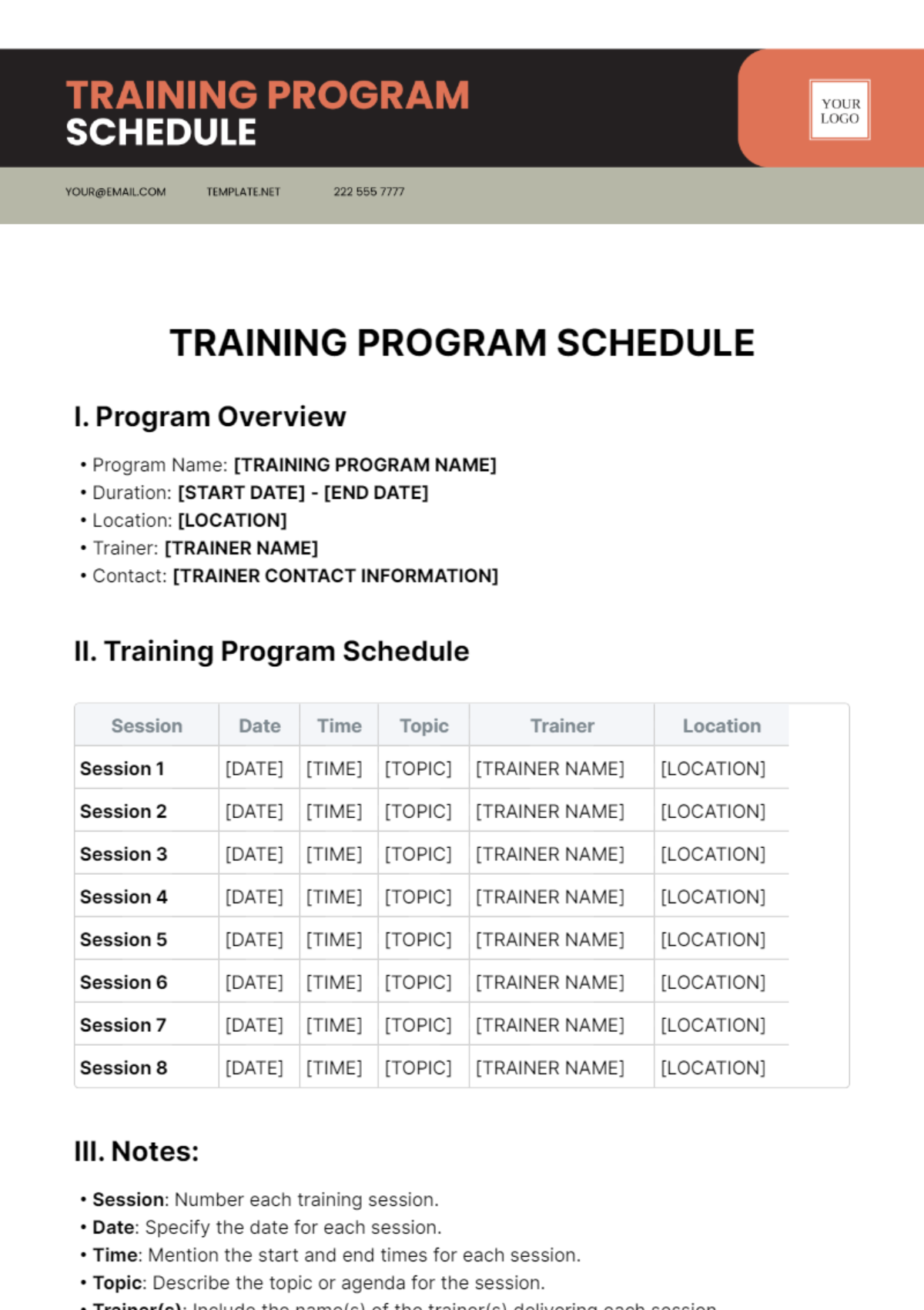Mentorship Program Training Plan
I. Introduction
The Mentorship Program Training Plan is designed to equip mentors and mentees with essential skills, knowledge, and resources to foster impactful and productive mentorship relationships. This program emphasizes clear communication, goal alignment, and effective support systems to encourage professional and personal growth for all participants.
II. Program Objectives
Establish Clear Expectations
Define the roles, responsibilities, and expectations for mentors and mentees to ensure both parties understand their commitments.Enhance Professional Skills
Focus on developing essential skills such as leadership, goal setting, communication, and adaptability.Create a Supportive Learning Environment
Promote an inclusive and growth-oriented atmosphere that encourages open dialogue and continuous learning.Build Long-Term Professional Relationships
Lay the groundwork for mentors and mentees to establish meaningful connections that can extend beyond the formal program duration.
III. Pre-Training Preparation
1. Orientation Session
Participants will be introduced to:
The objectives, benefits, and structure of the mentorship program.
Expectations for both mentors and mentees.
An overview of the training process and timeline.
2. Needs Assessment
Conduct a thorough needs assessment to tailor the program to participants’ specific goals and development areas.
Participant | Assessment Focus |
|---|---|
Mentors | Leadership, Communication, Guidance Skills |
Mentees | Goal Setting, Professional Development, Feedback Receptivity |
IV. Training Components
1. Understanding Mentorship
Definition and Importance
Overview of mentorship principles, the significance of mentorship programs, and how they contribute to career and personal development.Roles and Responsibilities
Clarify the expectations and commitments for mentors and mentees to establish accountability.
2. Effective Communication
Active Listening
Techniques to improve listening skills, foster mutual understanding, and encourage mentees to share openly.Feedback Techniques
Strategies for providing constructive feedback, emphasizing positive reinforcement and areas for improvement.Building Rapport
Methods to establish trust, respect, and open communication, including empathy and consistency in interactions.
3. Setting and Achieving Goals
Identifying SMART Goals
Train participants in creating goals that are Specific, Measurable, Achievable, Relevant, and Time-bound.Developing Action Plans
Guide mentees in creating actionable steps to reach their goals, with mentors providing input and resources.Monitoring Progress
Introduce regular check-ins to review progress, address challenges, and adjust goals if necessary.Accountability Measures
Establish accountability frameworks that encourage both parties to follow through on commitments.
4. Overcoming Challenges
Identifying and Addressing Common Challenges
Explore solutions for challenges such as scheduling conflicts, mismatched expectations, and communication barriers.Problem-Solving Techniques
Provide tools and techniques for mentors and mentees to collaboratively resolve issues as they arise.Conflict Resolution
Strategies for managing disagreements respectfully and productively, maintaining the focus on mutual growth.
5. Diversity, Equity, and Inclusion (DEI) in Mentorship
Promoting Inclusive Mentorship
Emphasize the importance of inclusivity, respect for diverse perspectives, and equal access to opportunities.Cultural Competency
Train participants on understanding and valuing cultural differences, promoting a mentorship environment that is sensitive to all backgrounds.
V. Post-Training Evaluation
1. Feedback Collection
Survey and Feedback Forms
Collect feedback from participants to assess the effectiveness of the training program and identify improvement areas.Feedback Review
Conduct a session with program facilitators to review feedback and discuss any adjustments.
2. Continuous Improvement
Program Enhancements
Use feedback to make iterative improvements in training materials, activities, and resources.Periodic Reassessments
Conduct periodic assessments of the mentorship program’s impact on participants’ development and engagement.Update of DEI and Industry Practices
Ensure the training program reflects up-to-date best practices in diversity, equity, inclusion, and relevant industry trends.
VI. Additional Support and Resources
1. Access to Mentorship Resources
Resource Library
Provide access to articles, guides, and toolkits related to mentorship, communication, and goal setting.Supplemental Training
Offer optional advanced workshops on specific areas, such as advanced leadership, industry-specific mentoring, and continuous learning.
2. Mentorship Program Community
Peer Networking
Facilitate opportunities for mentors and mentees to connect with other program participants, promoting a broader network of support.Quarterly Check-ins and Events
Schedule group sessions to share experiences, successes, and challenges in mentorship relationships.
VII. Conclusion
The Mentorship Program Training Plan serves as a foundation for building productive, supportive, and lasting mentorship relationships. By focusing on clear communication, goal setting, DEI, and continuous improvement, the program aims to create a positive mentorship culture that fosters growth, resilience, and mutual success.
